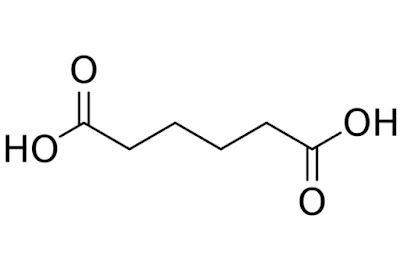Microvi's Biogas-To-Liquid technology has been awarded a grant from the US DOE
Biogas is a product of anaerobic
digestion of waste organic sources such as animal manure or food wastes. Its
primary components are methane and carbon dioxide (tipical composition: 50–75%
CH4, 25–50% CO2, 0–10% N2, 0–5% O2,
1000-2000 ppm H2S), potent greenhouse gases. Currently, much of the
world’s biogas is used in direct combustion systems to produce electricity. Alternative
choices are the use in stationary or mobile internal combustion engines and its
injection into a natural gas pipeline previous upgrading.
However, biogas has also the
potential to be the starting point for liquid biofuels and renewable chemicals.
It can expand the range of products from biorefineries and waste treatment
facilities. For example, biogas upgraded to biomethane can be converted to
synthetic gas to produce fuels and chemicals via Fischer-Tropsch synthesis.
And there are new processes under development. A
groundbreaking biocatalytic technology that converts methane and carbon dioxide
from biogas into valuable liquid chemicals, has been awarded a grant from the
US Department of Energy (see press
release). This new technology is based in Microvi’s MicroNiche Engineering
Platform Technology™ and has great promise to avoid the pitfalls of conventional
Biogas-To-Liquid processes. Microvi is an
industrial biotechnology company based in the San Francisco Bay Area that
develops next-generation bioconversion technologies in the water, wastewater and
chemical industries. MicroNiche Engineering, the company’s core discipline, is
a synthetic biology approach that achieves remarkably reproducible kinetics for
almost any biocatalytic process.




